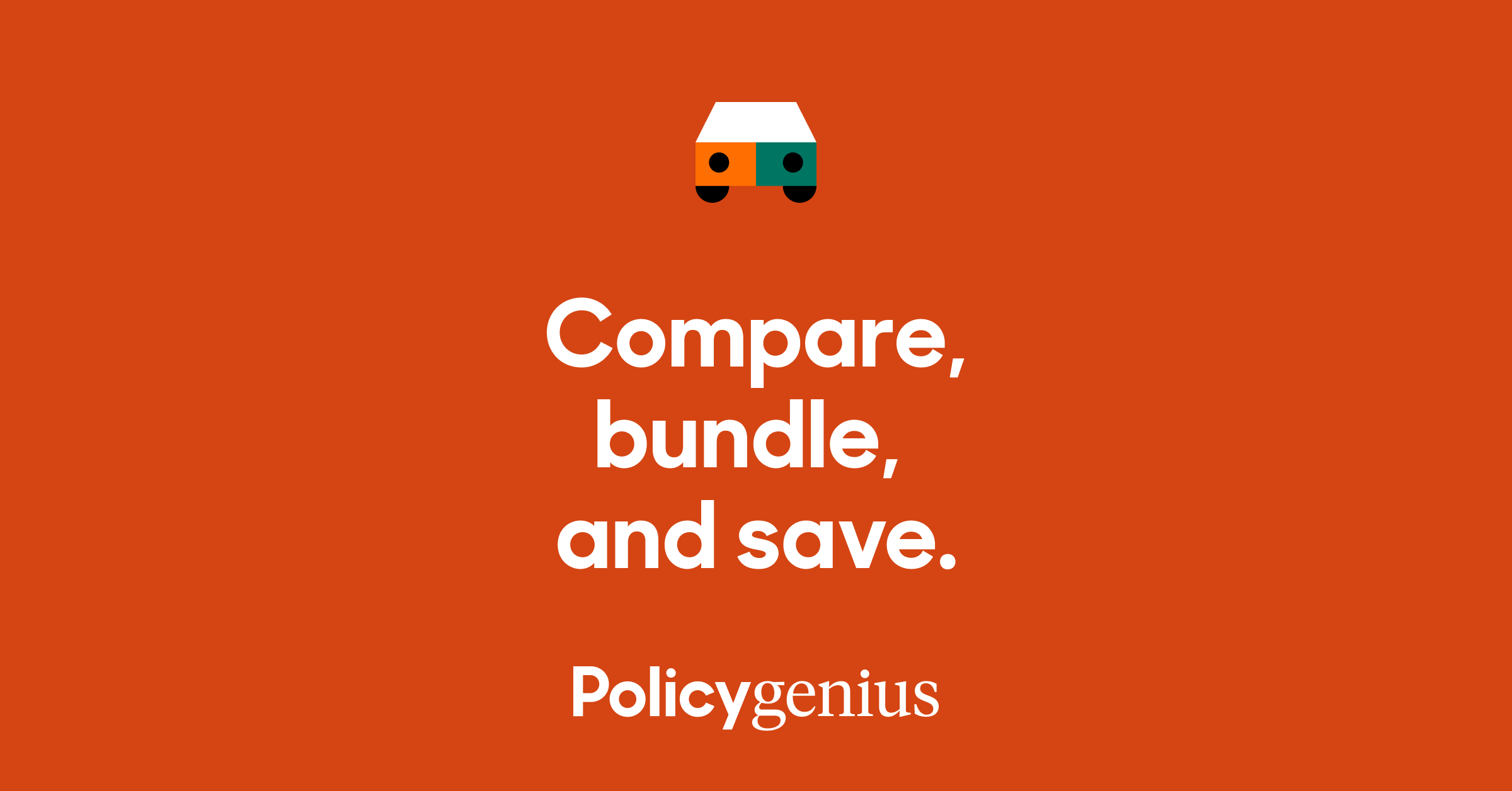Depending on the state, automobile insurance policy coverage may include various elements. Learn more about minimum insurance requirements and more at FindLaw.com.
Having auto insurance can help you cover damages following an auto accident. These damages are often significant. In 2020, an estimated 3.9 million people were injured in auto collisions. Another 38,680 people were killed in them. It's estimated that auto collisions cost the country nearly a trillion dollars each year in economic loss and societal harm. Auto insurance can help drivers pay for damage to others and their property as well as damage to the insured. So, what kind of coverage is right for you?
Before getting to that, you should be aware that virtually every state requires its drivers to have a minimum amount of car insurance coverage. These insurance requirements are the minimum amount of liability coverage drivers need in order to legally drive. There are, however, some benefits to purchasing more coverage than is legally required.
Generally speaking, the higher your insurance premium, the more your policy will cover. If you get in a car accident, a minimum-coverage policy may only cover damages up to a certain amount. If the cost of the damage exceeds the amount covered by your policy, you may have to cover the additional cost with your own money.
For example, if you cause an accident and injure someone, you may be held liable for damages. If you have an insurance policy with $30,000 worth of coverage, that policy may seem like enough to cover those damages. However, if you have a $1,000,000 estate, the injured party may sue you for more than $30,000 for medical damages. If you lose the suit, your $1,000,000 estate may be fair game for the injured plaintiff to claim.
How much coverage you should purchase beyond the minimum is your decision. Most authorities recommend that a driver have an auto insurance policy covering more than the legal minimum. Purchasing a more extensive policy will cost more, and for many people that can be a significant expense. However, many insurance companies provide discounts, e.g. discounts for students with high grades, drivers with clean driving records, drivers who don't drive much, etc. If the time comes when you need your auto insurance, you may be glad to have a plan that covers more than the legal minimum.







/GettyImages-1012103542-a527d1f380024d5b87c02b255c1d4049.jpg)














